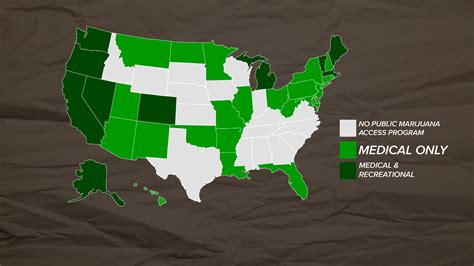Tennessee’s regulations and policies regarding hemp and marijuana reflect a complex legal landscape that intertwines state and federal laws. The state’s motto, “Agriculture and Commerce,” aligns with its evolving stance on cannabis cultivation and use.
Hemp cultivation in Tennessee, defined as Cannabis sativa with less than 0.3% THC, has been legalized. This aligns with federal definitions and distinguishes hemp from marijuana, which contains more than 0.3% THC and remains illegal in the state. The hemp regulatory program, in place since 2015, is shaped by statutes, rules, protocols, and SOPs, established by Public Chapter 916 in 2014 and amended in 2019 by Public Chapter 87.
The Tennessee General Assembly continues to evaluate marijuana policies, as seen in the proposal to include non-binding questions related to marijuana legalization in the 2022 ballot. Additionally, the state monitors developments like the constitutional amendment authorizing medical cannabis use in Florida, indicating an openness to re-evaluating marijuana regulations.
The creation of the Tennessee Medical Cannabis Commission represents a significant step towards exploring a patient-focused medical cannabis program. This initiative indicates Tennessee’s intent to remain competitive in the rapidly evolving national and global cannabis market.
Nationally, the landscape is shifting, with 21 states, DC, Guam, and the Northern Mariana Islands legalizing recreational marijuana as of March 2023. This creates a policy gap with states like Tennessee, where marijuana remains illegal. The state’s approach to cannabis, balancing federal laws with regional trends and economic considerations, continues to evolve, reflecting a dynamic legal and societal context.

Further insights into Tennessee’s legal stance on marijuana and hemp can be found in various state government resources and legislative documents, which provide a comprehensive view of Tennessee’s regulatory framework for cannabis.